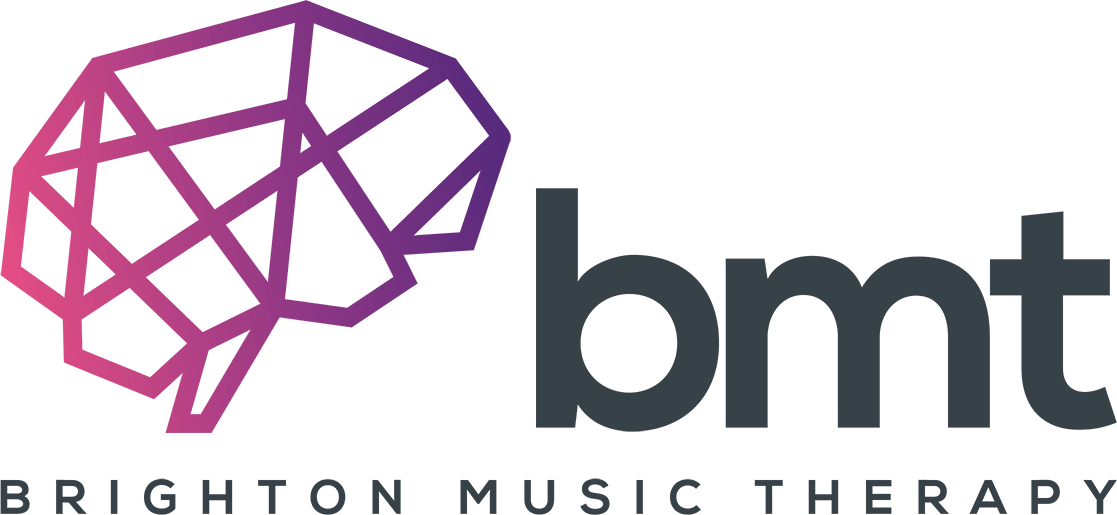Music Therapy and Autism Spectrum Disorder
Autism Spectrum Disorder (ASD) refers to a range of conditions (including Asperger Syndrome) that are characterised by impairments in social skills and communication, and restrictive, repetitive or stereotyped interests and patterns of behaviour. There is no physiological test for autism. Diagnoses are made from standardised observation assessments. ASD can be noticed within the first three years of life, and early intervention is crucial.
Early Intervention with Music Therapy
Music is an excellent tool to use with children who have ASD because of its ability to stimulate communicative behaviour. Music therapy can help children with ASD to improve their skills in primary outcome areas, such as social interaction, verbal communication, initiating behaviour and emotional reciprocity. It can also help stimulate and/or improve the following:
• non-verbal communication skills
• listening skills
• turn-taking skills
• spontaneity and creativity
• executive functions, including attention, memory, decision making and organisation
• ability to build relationships
• language development
• vocal stereotypy
• physical coordination
• parent-child relationship
In music therapy with children on the autistic spectrum, the joint music-making process lays the foundations for non-verbal communication. Music therapists can recreate the non-verbal dialogues that occur between parent and child in the babbling phase through improvised sound exchanges. Sound exchanges and turn taking can be playful and fun, and engaging in these reciprocal musical exchanges can often help lead to meaningful and communicative vocalisations and the development of speech.
Music therapists liaise with parents, and professionals including speech and language therapists and teachers, to discuss the progress of each child and to agree on treatment objectives.
Maintaining Motor Skills and Independence
As brain function declines, mobility can also be affected. Slowness of movement, stiffness and falls are all issues that affect people with dementia and the elderly. Brain research has shown that auditory information, such as music, travels through the motor region of the brain, and when a rhythmic pulse is heard, neurons are fired within the motor system. This means that music can help provide cues for movements.
Music and Movement groups run by music therapists can help target functional movements that reflect activities of daily living, such as walking, standing up and sitting down, and reaching for items. Through musical entrainment, movements can become much more secure and confident, helping a patient to lead as independent a life as possible.
Combatting Loneliness and Isolation
Making music is a fun activity, and music therapy sessions can help to reduce isolation by promoting active engagement, communication, creativity and expressivity. It helps to connect patients with others around them, and for families, music offers the opportunity to share experiences and maintain a relationship with their loved one.
Early Years Intervention and Education

Engaging in music therapy can help children with ASD develop important transferable skills, that will allow them to participate more positively in school and day-to-day life. Music Therapy is recommended by Ofsted as supporting the educational and pastoral needs of school children.


